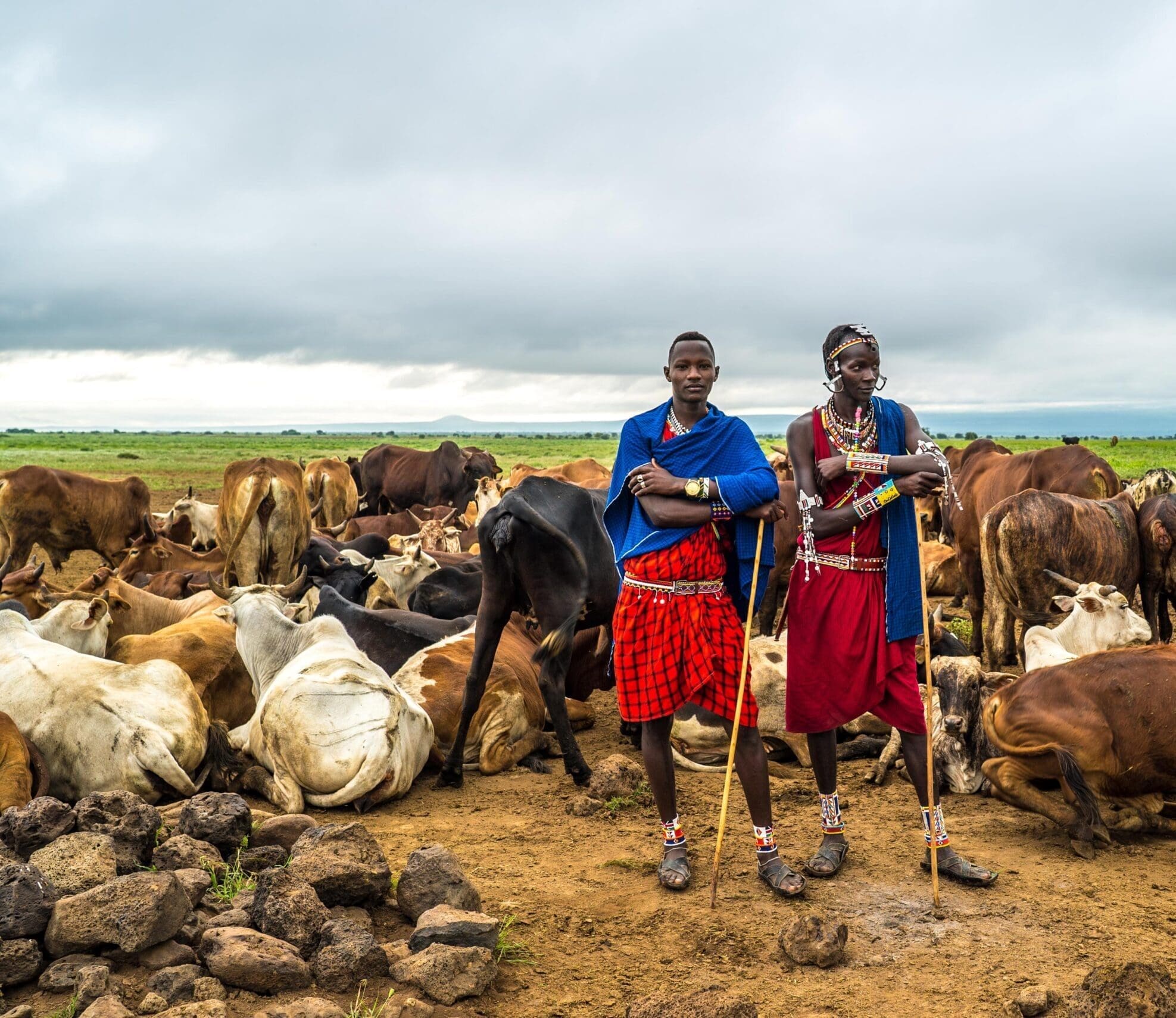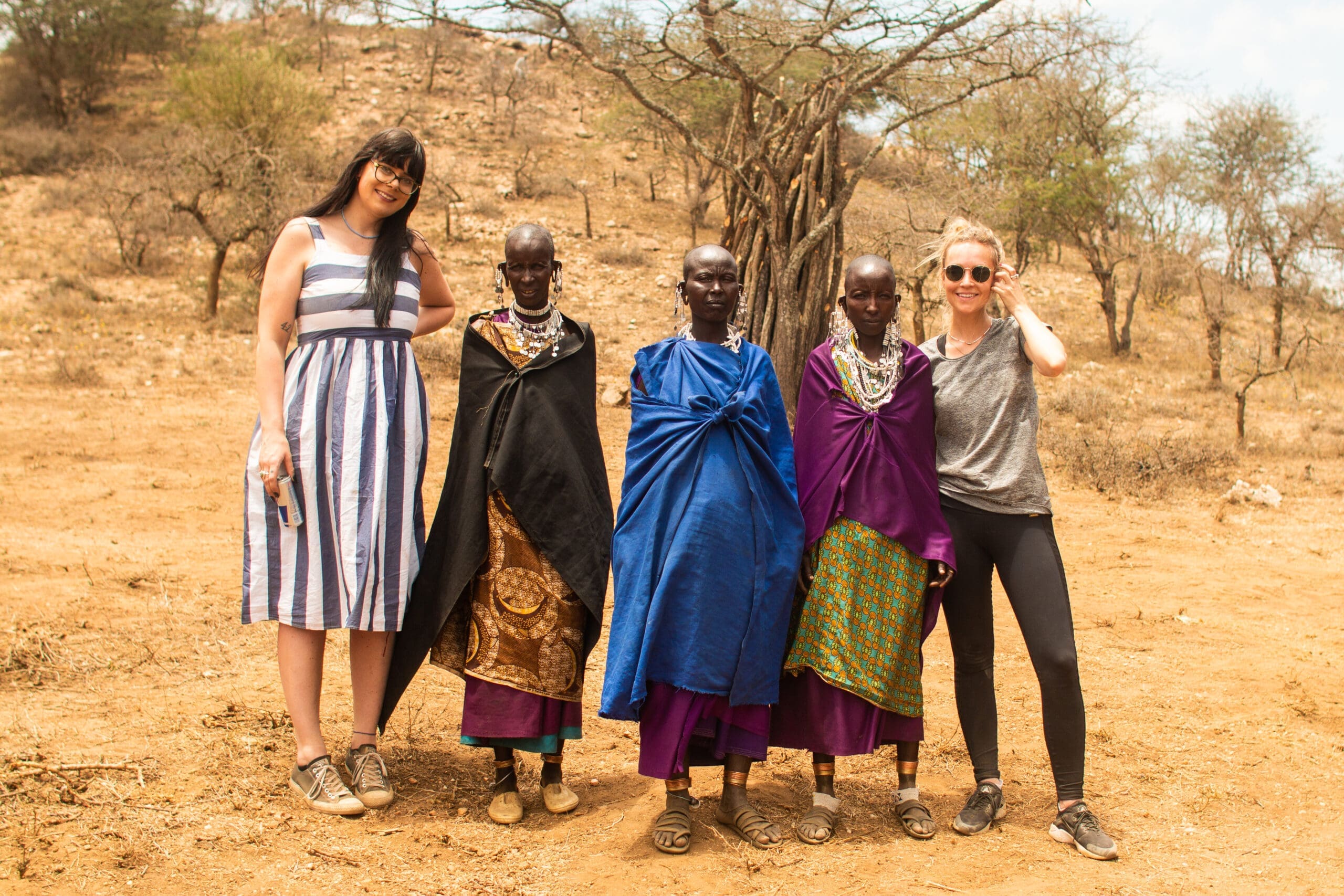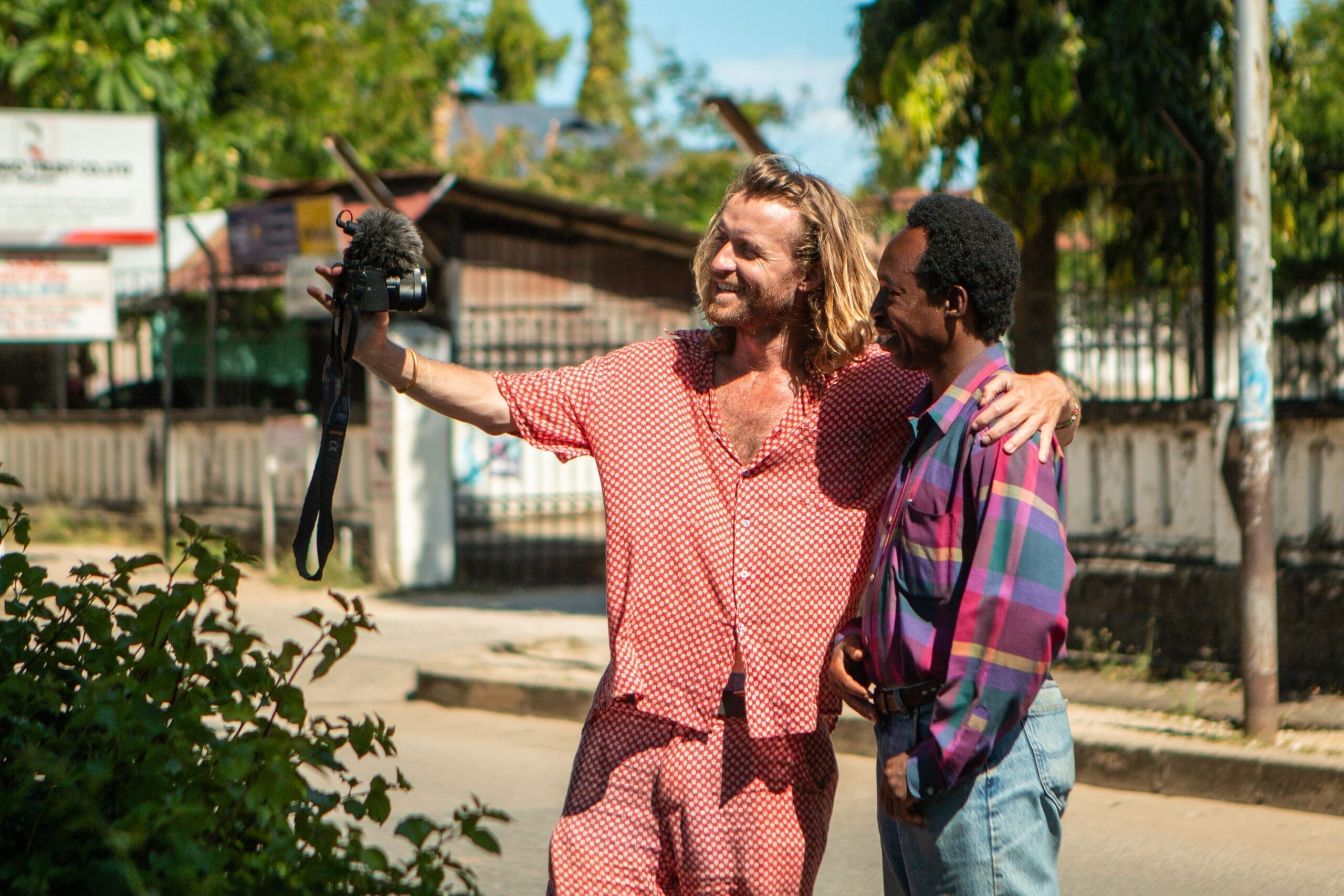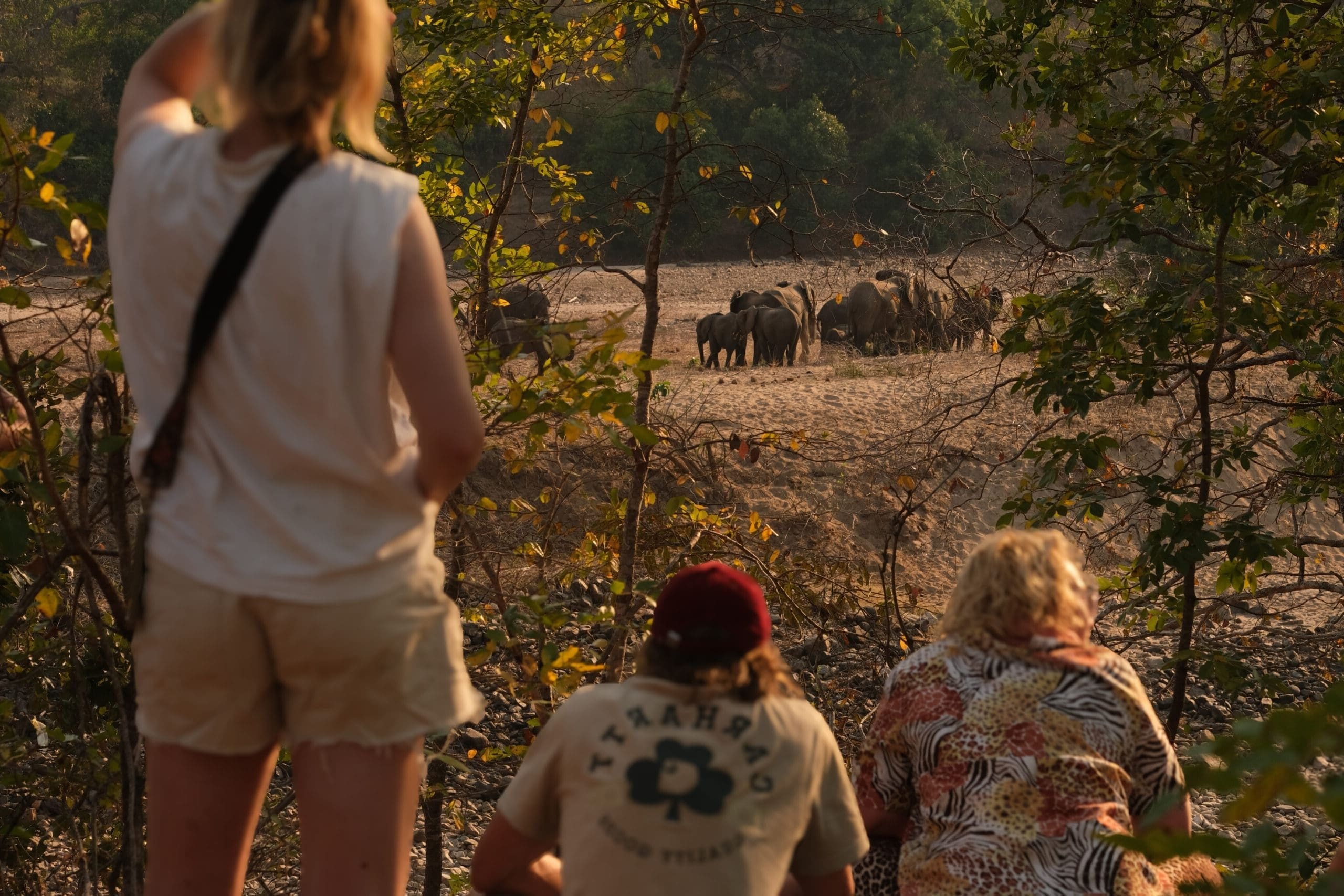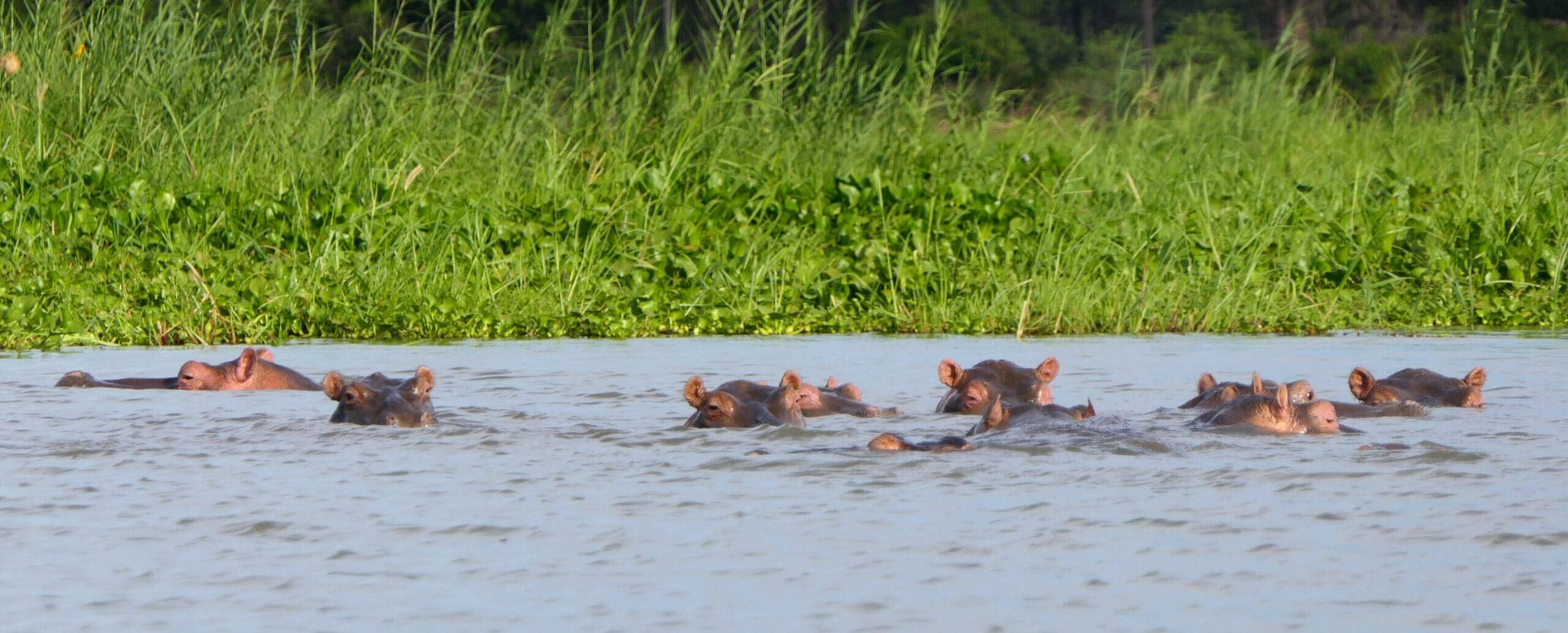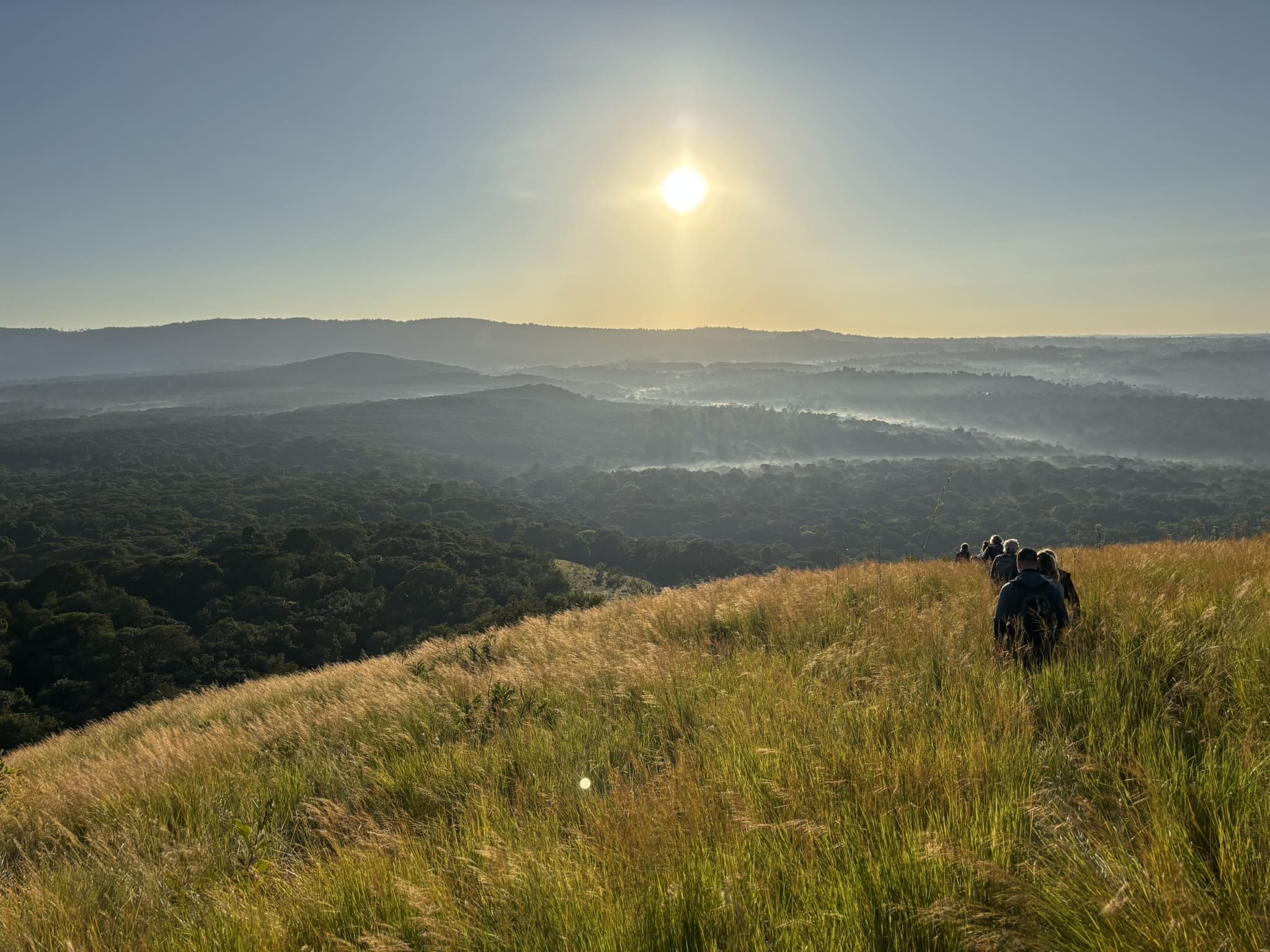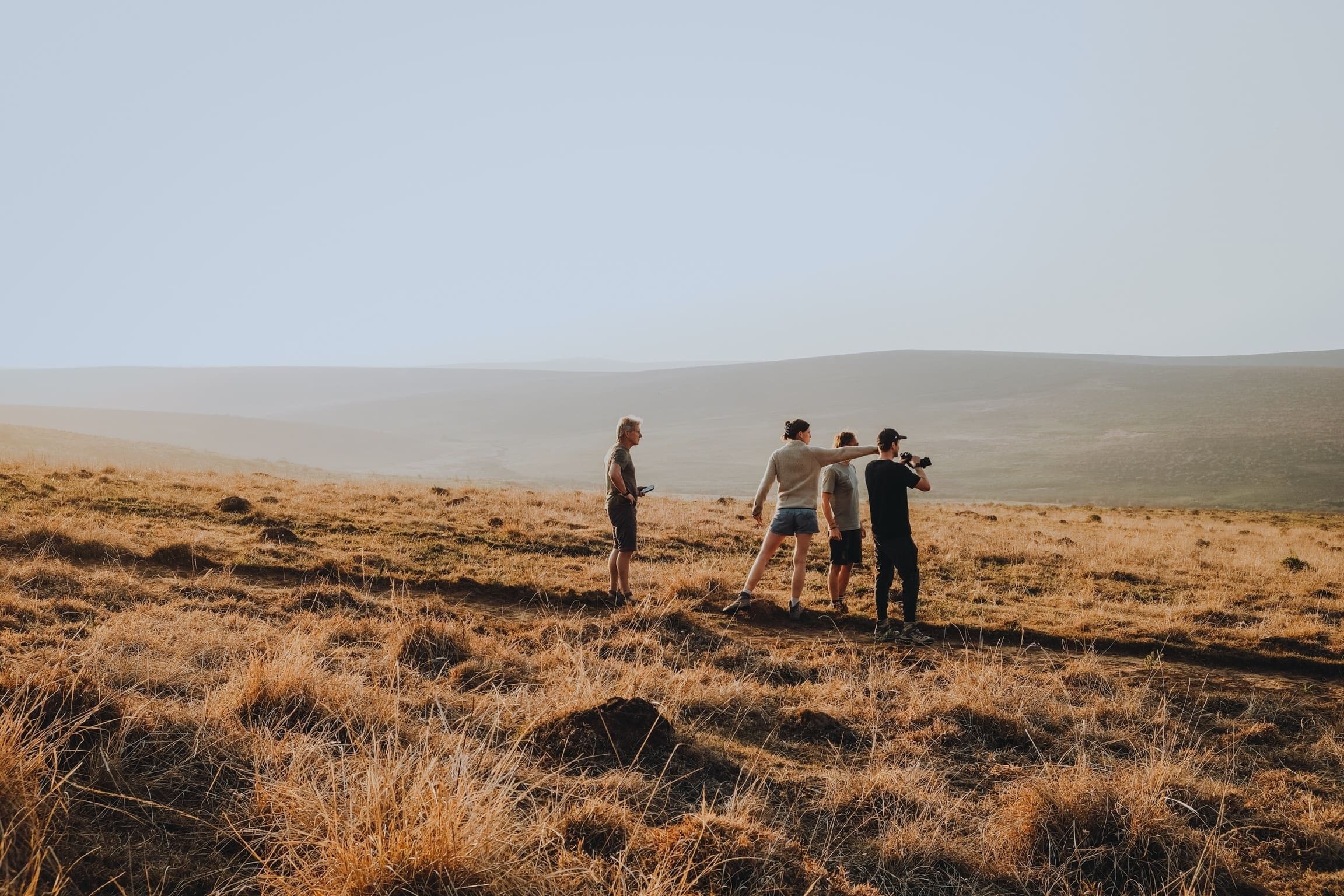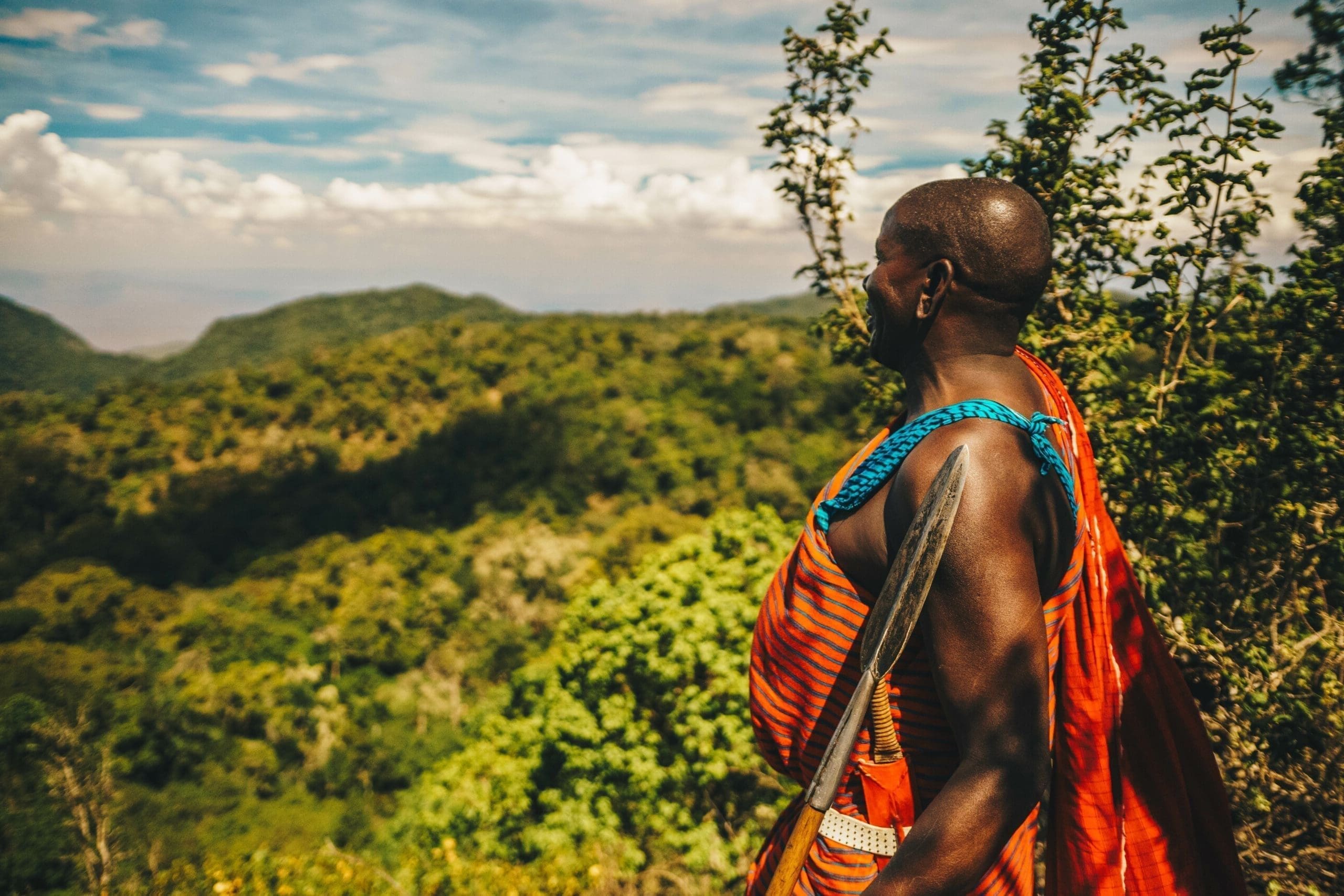Sustainable travel: to what extent are you already a sustainable traveler?
You must be the adventurous traveler who loves off-the-beaten-track adventures and prefers to stay in unique accommodations with rich stories. However, you're also the one who often opts for the cheapest transportation options, looking for the best deals. Or maybe you just like to throw some extra money at eco-lodges, sustainable cars and green flights during your travels. But let's face it, you also want to check off as many countries, places and highlights as possible in as short a time as possible. Sustainable and conscious travel requires making choices, and that's not always easy. Don't worry, below we give you 10 tips to become a sustainable traveler.
Tip 1: Slow travel - travel with attention
Before and during your trip, immerse yourself in your destination: its culture, customs, geography. When you travel, take the time to engage in an equal exchange with your surroundings. Ask questions, observe, listen. That way you become aware not only of the culture, but also of the nature and the impact you leave on both. Did you know that just like 'fast-food' and 'fast-fashion', there is also 'fast-travel'? When something is "fast," it means it's intended to feed consumer behaviour. In other words: as much as possible, in as short a time as possible for as little money as possible. Whether this applies to the food, clothing, or travel industry: it is rarely sustainable.
Tip 2: Slow travel - travel less often, but longer
Don't see travel as consumption, where you want to tick off as many places as possible in as short time as possible for a low price and a full Instagram feed. See travel as something where quality is more important than quantity. This, too, is slow travel. When you travel less often - but longer - you emit less Co2 and have more time to travel consciously with more attention to your environment.

Tip 3: Opt for a direct flight
Did you know that airplanes emit the most Co2 during take-off and descent? A direct flight may be a bit more expensive, but it is more comfortable, faster and most importantly, more sustainable! In addition, never blindly click buttons at the airline that promises to offset your Co2 emissions. It is good to spend money on this, but here too you should find out exactly where your money goes and what difference it really makes.
Tip 4: Delve into accommodations - opt for a homestay
Immerse yourself in accommodations where you stay: don't just book the first best one on booking.com! Try to book at smaller, personal accommodations run by locals. Many large lodges are commercially run and often managed by Western investors. In that case, the money you pay flows straight into the pockets of people who already own three vacation properties, often with minimal salaries for a few local employees. In addition, small hotels with fewer amenities consume less energy, saving local resources. Finally, you support the local economy and often learn something about the area and culture when you book with a local accommodation!
Tip 5: Delve into accommodations - no commercialism
Would you still like to book a more luxurious lodge that is not locally run? Then make sure you don't book a large, commercial lodge. Often, they import food from abroad, emitting unnecessary Co2 and not supporting the local economy. Immerse yourself in a story behind a luxury lodge, perhaps it is a friendly expat with a lust for adventure who cares about the environment!
Tip 6: Avoid the highlights and tourist attractions
All well and good, visiting the crowded Masai village or the Serengeti, but often this experience consists mostly of traffic jams near wild animals or watching forced performances. Mass tourism often has a negative impact on traditional cultures and communities, and the exchange that takes place between travellers and the environment is often unequal and unsustainable. Of course, we all want to see the Big Five during a trip to Africa, and we'd love to meet a Masai, Samburu, or Karamojong. This can also be done in other places, such as unvisited conservancies or unknown traditional villages. By the way, the Masai in these areas often carry smartphones and ride motorcycles!
Tip 7: Protect wildlife
Bring your binoculars and photo camera, and capture protected species! This may not sound sustainable to your ears, but how you do this determines whether you contribute or harm. Organisations where you can cuddle with lion cubs or wash an elephant's ears are best boycotted. But did you know that there are also many endangered species that actually derive their protection from tourism? Consider the mountain gorillas in Uganda, Congo and Rwanda. You pay top dollar for a permit to visit the animals, and all this money goes to protecting the habitat of our rare second cousins. The same goes for many conservancies, or sanctuaries, where especially ivory-bearing animals are protected from poachers through tourism revenue. When you want to spot animals, be sure to do your research on where to do it. Big, famous parks are nice. But you can also make the choice to spend your money on smaller conservancies that pour your pennies directly into protection.
Tip 8: Avoid White Saviorism
As a white person with a well-stocked wallet, you are privileged. Be aware of this position while traveling. Do not visit orphanages - these are often intended to make money -and also avoid visiting schools. Ask yourself: would you like it if your child's curriculum was stopped because a few African tourists would like to take a look in a Dutch classroom? Finally, do not give out money or items to children either. This encourages a begging culture and perpetuates the
system of white superiority (in which you play the role of St. Nicholas). Would you still like to give something back? Then purchase several notebooks, pens or toys at once (locally, so you stimulate the economy) and discreetly donate them to a school.

Tip 9: Tipping is business driving
Tipping is important while traveling. Many workers in the tourism industry depend on tipping. For you, it's an opportunity to provide employment and reward good service on a small scale: a form of business. Fair trade - unlike charity - creates more equality. Think about paying that gentleman who wants to lift your bulky rolling suitcase up five flights of stairs, or that friendly cab driver who tells you all about the history of his village.
Tip 10: Offset more than your C02 emissions.
Instead of giving some money to your airline with one simple click to offset your air travel: do it yourself or ask your travel agent! That way you know where your money is going and you can choose your own project to give something back to the globe. Maybe you can arrange for
mangrove forests to be planted, or
dry land to be made green again. Some projects even allow you to swing by during your trip to learn about Co2 offsets. Win-win! And while you're at it: offset 125% of your trip, so you don't break even, but actually contribute by making your trip.


